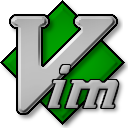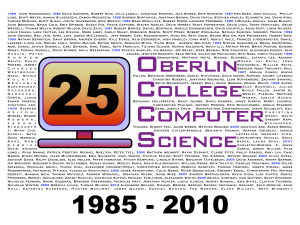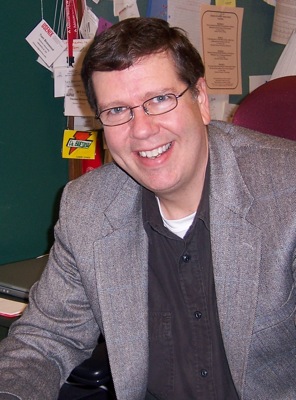Computational Thinking Across the Curriculum: The Power and the Peril
by Robert M. Panoff
Shodor Educational Foundation
Place: Craig Lecture Hall
Time & Date: Monday evening, March 15 @ 7:30
Refreshments to follow
Sponsored by the Oberlin Modeling Initiative & Sigma Xi
ABSTRACT: Students and faculty at all education levels are clearly spending much more of their days interacting with computing and communication tools than with each other. Is this good? Are all uses of technology in education helpful, and if not, how does one separate the benefits from the burdens? We will explore how technology enables dynamic representation in the sciences, arts, and humanities, giving us the opportunity to be more fully human as we seek new knowledge in service to society.
Moving “beyond PowerPointless-ness,” we have the opportunity to demonstrate that effective use of computing really matters. Computing “matters” because quantitative reasoning, computational thinking, and multiscale modeling are the intellectual “heart and soul” of 21st Century science and therefore are the essential skills of the 21st Century workforce. Computing “matters” because we can apply the power of interactive computing to reach a deeper understanding and of math and science and their role in understanding the world.
We will explore a transformation in STEM (Science, Technology, Engineering, Mathematics) education, supported by interactive computing resources, promoting a dynamic encounter with our world through guided discovery. A world-class education requires world-class resources, and all math and science teachers should be able to bring interactive modeling environments to their own teaching practice. We will explore a variety of free and low-cost sources for modeling tools from the Computational Science Education Reference Desk, a pathway project of the National Science Digital Library (http://www.nsdl.org).
 Vim Tips and Tricks
Vim Tips and Tricks
